Market Analysis
In-depth Analysis of Automotive Logistics Market Industry Landscape
The automotive logistics market is a powerful market that assumes an imperative part in guaranteeing the effective and opportune development of vehicles, parts, and parts across the worldwide automotive store network. The market elements of automotive planned operations are formed by a huge number of variables that effect its working, including mechanical headways, administrative changes, financial circumstances, and changes in buyer interest. Mechanical developments have been a critical driver of progress in the automotive strategies scene. This has prompted better stock administration, decreased lead times, and improved production network proficiency. Robotization and man-made consciousness are additionally assuming an undeniably significant part, smoothing out processes and enhancing course arranging. Rigid emission regulations, for instance, have led to a greater focus on environmentally friendly transportation arrangements, promoting the use of electric cars and electrified armadas in planned operating armadas. The movement of automotive goods across international boundaries can also be impacted by economic transactions and tariffs, which can influence the choice of transportation providers and delivery services. Variances in worldwide financial patterns, like downturns or times of monetary development, straightforwardly influence shopper buying power and, subsequently, vehicle interest. This, thus, influences the volume of automotive shipments and the requirement for proficient coordinated operations administrations. The business is additionally susceptible to fuel costs, trade rates, and work costs, which can influence the general expense of transportation and coordinated factors activities. A shift in operating processes has been brought about by the growth of web-based businesses and the growing demand for customized automobiles. Just in time, delivery and assembly models have developed a distinctive character that calls for coordinated operations providers to be quick to adapt to changes in client orders and ongoing schedules. Additionally, the emergence of autonomous driving technologies and electric car development is changing the landscape of planned operations by necessitating the handling of novel automotive parts and special modes of transportation. To effectively navigate these interconnected issues, suppliers must remain adaptable and continually assess their processes to satisfy the evolving needs of the network of automobile stores.


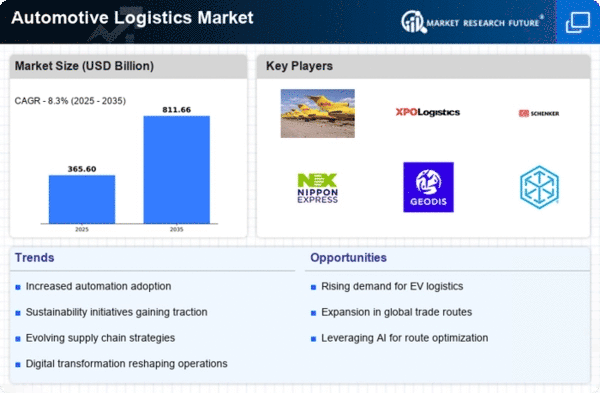

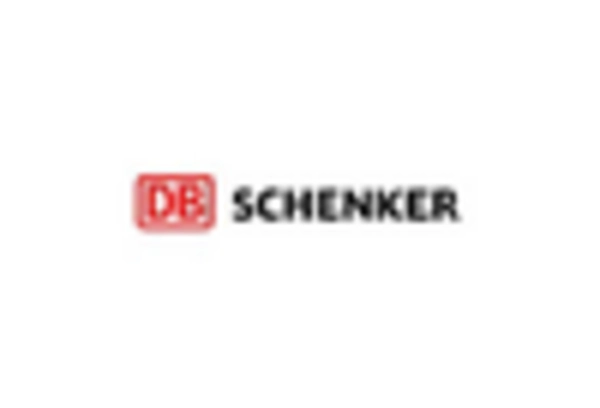
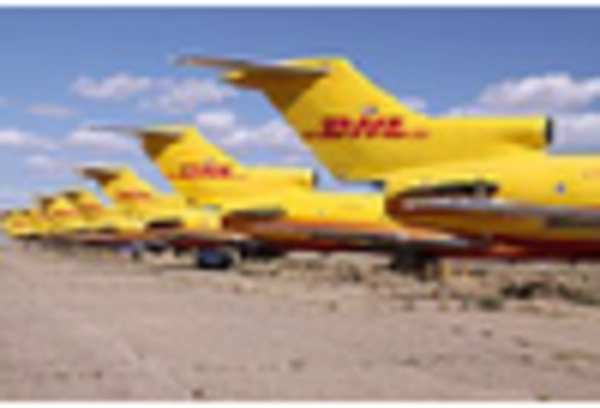
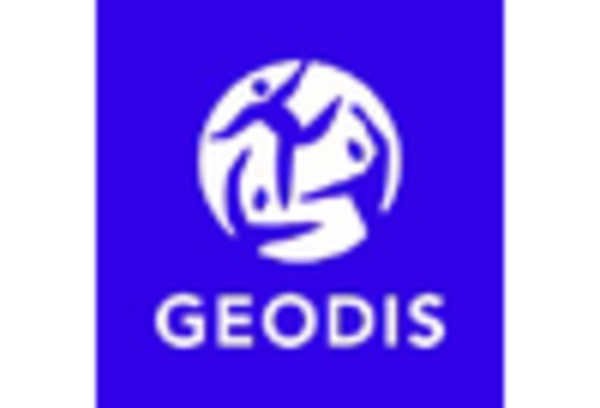
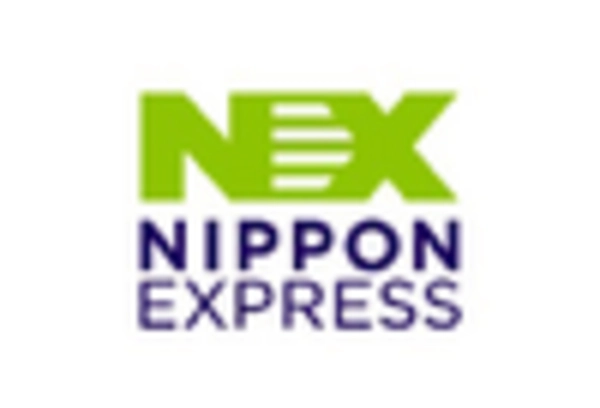
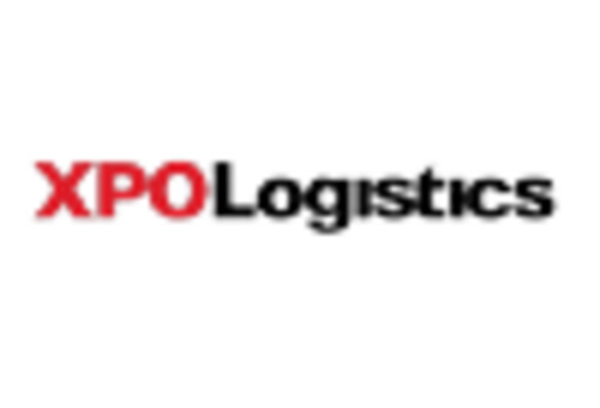









Leave a Comment